To provide the best experiences, we use technologies like cookies to store and/or access device information. Consenting to these technologies will allow us to process data such as browsing behaviour or unique IDs on this site. Not consenting or withdrawing consent, may adversely affect certain features and functions.
The technical storage or access is strictly necessary for the legitimate purpose of enabling the use of a specific service explicitly requested by the subscriber or user, or for the sole purpose of carrying out the transmission of a communication over an electronic communications network.
The technical storage or access is necessary for the legitimate purpose of storing preferences that are not requested by the subscriber or user.
The technical storage or access that is used exclusively for statistical purposes.
The technical storage or access that is used exclusively for anonymous statistical purposes. Without a subpoena, voluntary compliance on the part of your Internet Service Provider, or additional records from a third party, information stored or retrieved for this purpose alone cannot usually be used to identify you.
The technical storage or access is required to create user profiles to send advertising, or to track the user on a website or across several websites for similar marketing purposes.
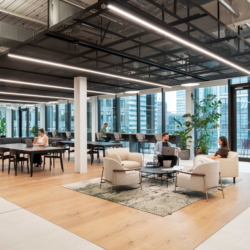 The 2026 edition of Workspace Design Show has officially revealed the shortlisted projects for its newly launched Workspace Design Awards, recognising outstanding achievements across workplace design, innovation, sustainability, experience and adaptability. The shortlisted projects showcase the breadth and depth of talent shaping today’s workplaces across the UK and Europe, from smart offices and large-scale corporate headquarters to flexible co-working environments and future-focused concept designs. (more…)
The 2026 edition of Workspace Design Show has officially revealed the shortlisted projects for its newly launched Workspace Design Awards, recognising outstanding achievements across workplace design, innovation, sustainability, experience and adaptability. The shortlisted projects showcase the breadth and depth of talent shaping today’s workplaces across the UK and Europe, from smart offices and large-scale corporate headquarters to flexible co-working environments and future-focused concept designs. (more…)






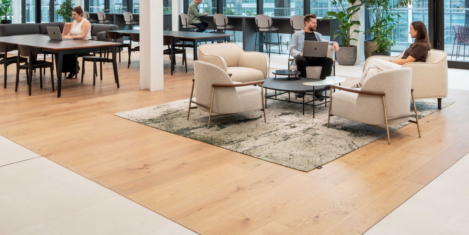






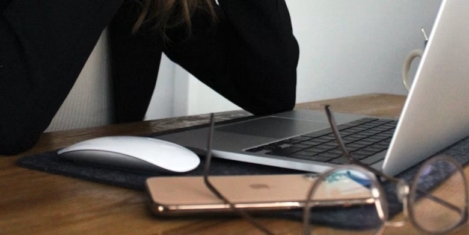



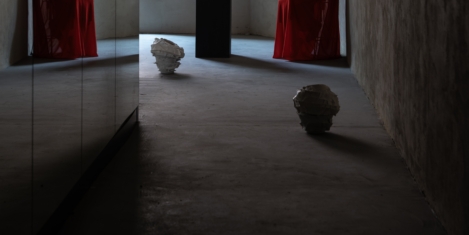







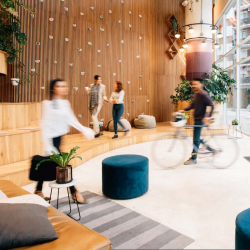









December 15, 2025
Life at the coalface: How the agile workplace first appeared in the mid 20th Century
by Mark Eltringham • Comment, Wellbeing, Workplace design